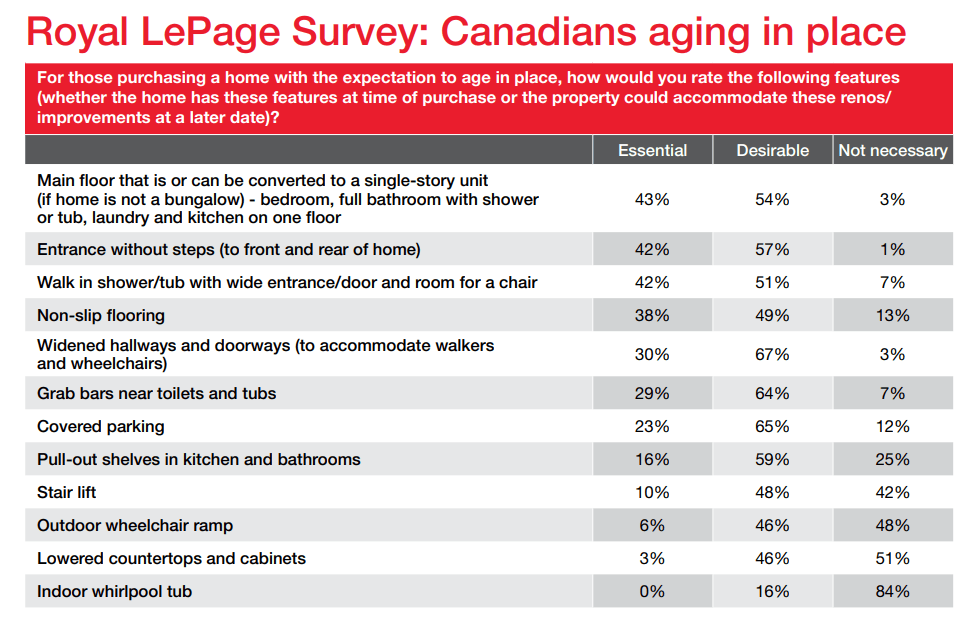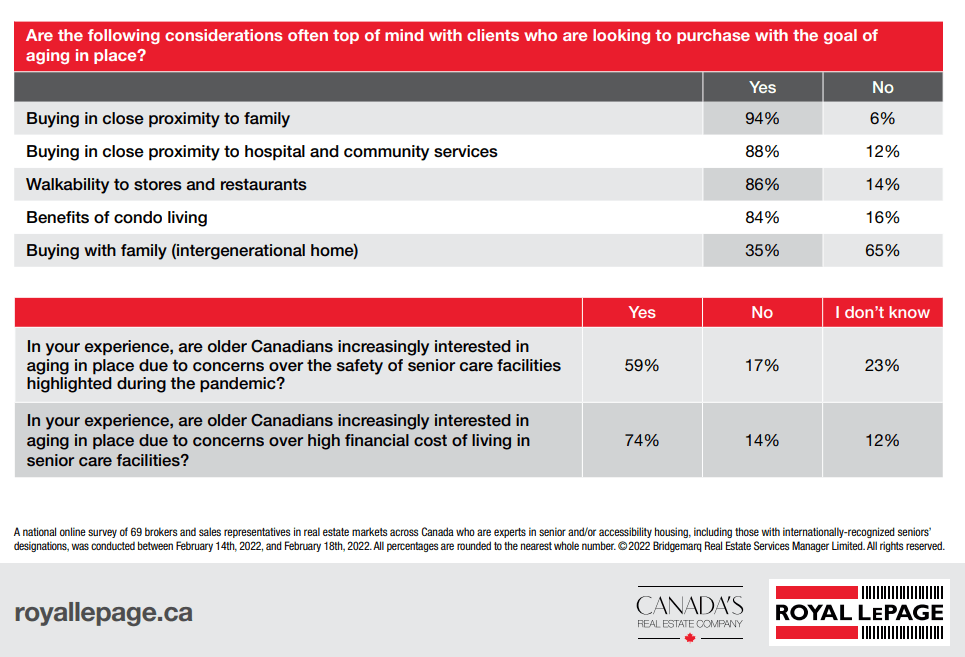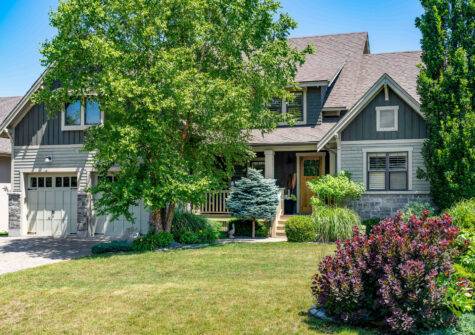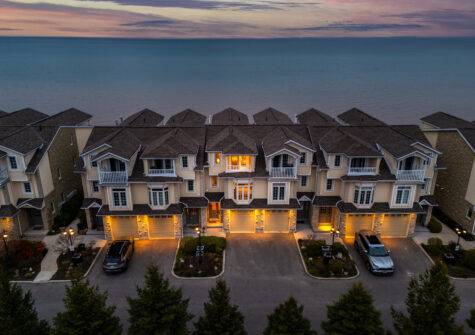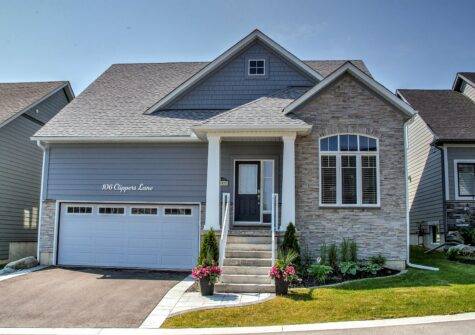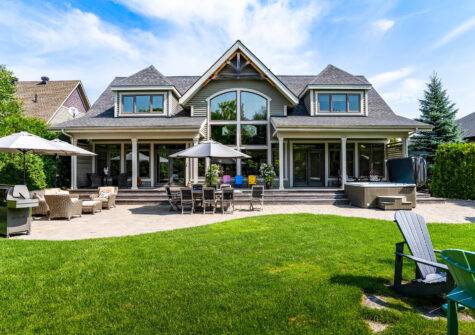Single-storey suite deemed most essential feature by Canadians who want to age in place; Royal LePage experts
Survey highlights:
43% of survey respondents say a fully-equipped main-floor living space is essential for seniors planning to age in place
42% of respondents say a front and rear entrance with no steps and a walk-in tub are essential
Almost all Royal LePage experts surveyed (94%) say purchasing a home close to family is top of mind for this buyer demographic
Canadians are more concerned about the high financial cost of living in senior care facilities than safety, experts say
TORONTO, February 25, 2022 – According to a recent Royal LePage survey of real estate professionals across the country who specialize in senior living or accessibility, Canadians who wish to age in place consider a main floor that is or can be converted to a single-story unit essential, meaning that if the home is not a bungalow, it can accommodate a bedroom, full bathroom, laundry and kitchen all on one floor. Forty-three per cent of respondents categorized this feature as essential, while 54 per cent marked it as desirable.
“As Canadians enter their golden years, their housing priorities often change, but no one size fits all. Not all seniors are looking for the same home features, but what they do have in common is the desire to choose where and how they live, rather than have that decision made for them,” said Caroline Baile, real estate broker, Royal LePage Sussex, and certified ASA™ (Accredited Seniors Agent). “In addition, they are thinking about their long term needs much earlier than previous generations. Even before retirement, many buyers are thinking about the features of a home that will help them transition into old age with ease.”
Also of great importance to this demographic when renovating or shopping for a new home are an entrance to the front and rear of the property without steps, and a walk-in tub or shower with a wide entrance. Forty-two per cent of respondents say their clients deem these features essential, while another 57 and 51 per cent, respectively, categorize them as desirable. Thirty-eight per cent of respondents say non-slip flooring is essential, while 49 per cent call it desirable.
“Safety and comfort are key considerations. Although they may not need a walker or a wheelchair now, they might someday. If the plan is to stay in their current home longer, it will need to accommodate these potential eventualities.”
Baile added that many middle-aged clients have seen their elderly parents go through a transition that has encouraged them to consider their own needs for the future.
Lowest on the priority list of buyers at the time of purchase, according to Royal LePage experts, are a whirlpool tub (16% desirable, 84% not necessary), lowered countertops and cabinets (3% essential, 46% desirable, 51% not necessary), and an outdoor wheelchair ramp (6% essential, 46% desirable, 48% not necessary).
When asked about the importance of other considerations made by older Canadians looking for a home they can live in longer, 94 per cent of experts say buying close to family is top of mind for this demographic. Also top of mind are buying close to a hospital and community services (88%), walkability to near-by stores and restaurants (86%), and the benefits of living in a condominium (84%). When asked if buying with family is an important factor, nearly two-thirds of experts say no (65%).
“More and more, Canadians are choosing to right-size rather than down-size as they age,” added Baile. “Some mature buyers are looking for a turn-key condominium, so they can spend less time on maintenance and more time traveling after retirement. Others may choose to move from a two-storey home to a bungalow to avoid stairs as they age, or into a multi-generational property that offers the option to live with family. Others will opt to renovate their existing properties to accommodate their changing needs.”
A consumer survey conducted by Leger for Royal LePage last summer found that 52 per cent of Canadian boomers would prefer to renovate their current homes rather than move.
Seventy-four per cent of respondents say older Canadians are increasingly interested in aging in place due to concerns over the high financial cost of living in senior care facilities. Meanwhile, 59 per cent say the reason is in part due to concerns over the safety of senior care facilities, highlighted during the pandemic.

